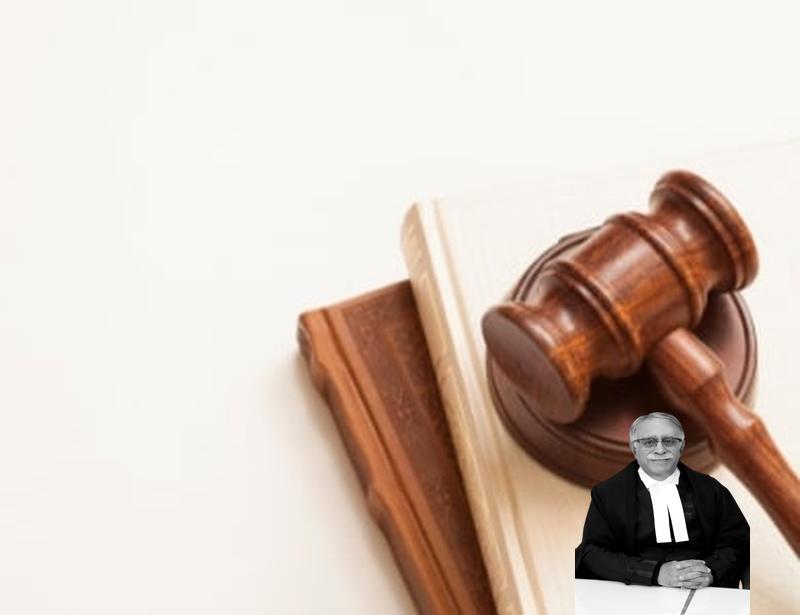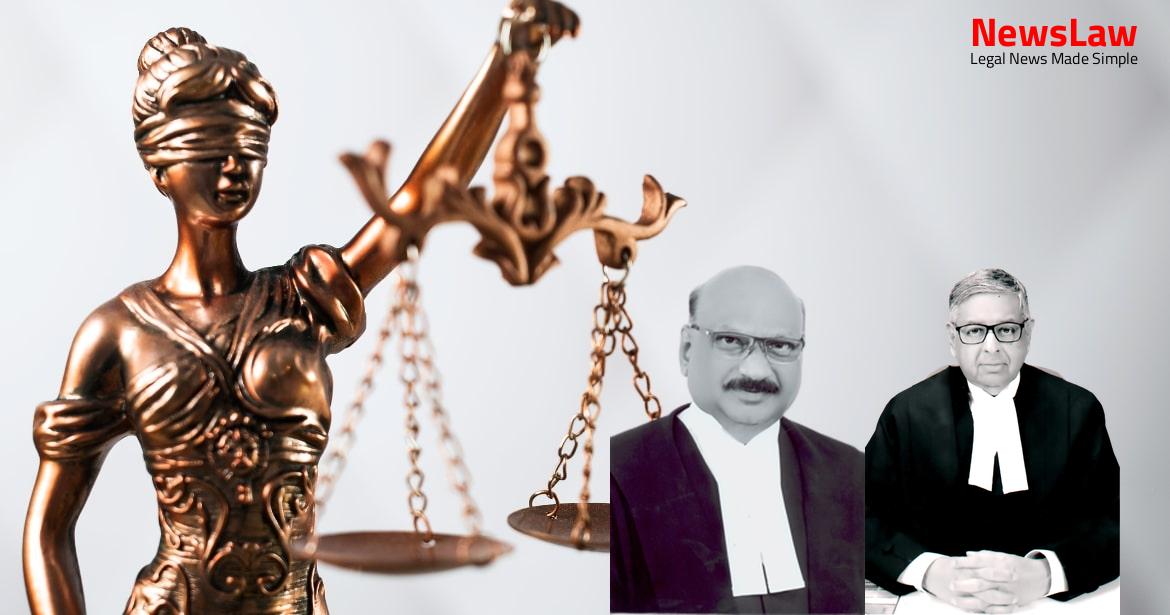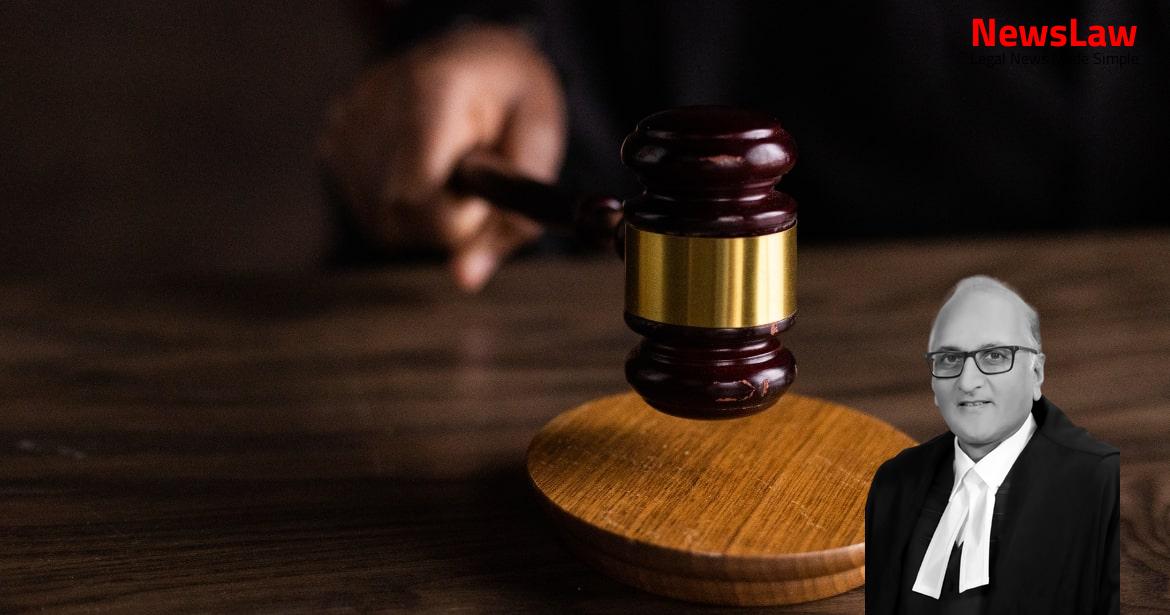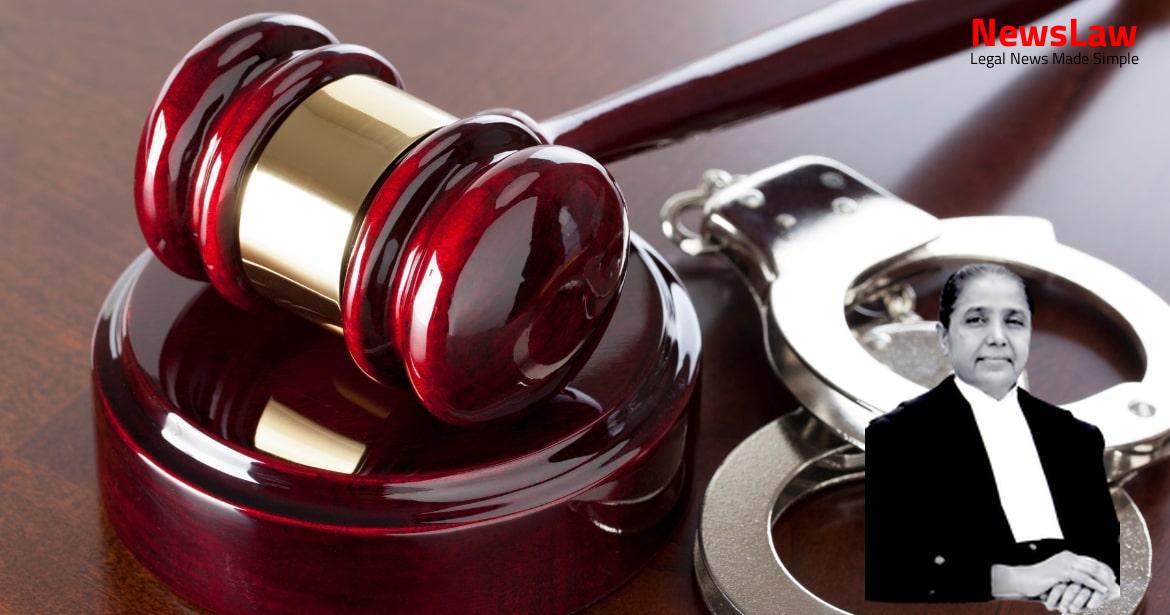No 1140 of 2006 under Section 8 of the Abkari Act, was denied and the findings returned by 2 Additional District & Sessions Judge, Fast Track (Ad Hoc-11), Kozhikode, in judgment dated 3 November, 2008, were endorsed. On sentencing, which was issue No 3, the Court stated that it was a case not fit to be accorded the benefit of the Probation of Offenders Act, 1958 and therefore the Appellant was sentenced to one year of imprisonment and a fine of one lakh rupees and, in default thereof, an additional period of 6 months rigorous imprisonment.
The chemical examiners report also notes that the sample was received with its seal intact and therefore no doubt could be seen from the point that the sample drawn was from the contraband recovered from the Appellant.
Prohibition of manufacture, import, export, transport, transit, possession, storage, sales, etc., of arrack. –
[(1) No person shall manufacture, import export [without permit transit] possess, store, distribute, bottle or sell arrack in any form.
]
Also Read: https://newslaw.in/supreme-court/extension-of-benefit-of-doubt-in-criminal-convictions/
5 [(2) If any person contravenes any provisions of sub- section (1), he shall be punishable with imprisonment for a term which may extend to ten years and with fine which shall not be less than one lakh.”] 12. The trial court, when faced with this question of the conviction being based solely on the testimony of official witnesses, referred to two judgements of this court in Tahir v. Thus, under the scheme of CrPC, it cannot be said that there is a bar to a police officer receiving information for commission of a cognizable offence, recording the same and then investigating it.
Ram Chandra, (2005) 5 SCC 151 : 2005 SCC (Cri) 1010] the question of prejudice or bias has to be established and not inferred.
Therefore, merely because the informant is the investigator, by that itself the investigation would not suffer the vice of unfairness or bias and therefore on the 8 sole ground that informant is the investigator, the accused is not entitled to acquittal. State of Punjab, (2018) 17 SCC 627 : (2019) 4 SCC (Cri) 215] and any other decision taking a contrary view that the informant cannot be the investigator and in such a case the accused is entitled to acquittal are not good law and they are specifically overruled.” (emphasis supplied) 16. The submission made by the learned counsel for the Appellant is that the fairness of the investigation was compromised since the person who detected the crime and the person who investigated, were one and the same. Likelihood of bias would be the possibility of bias and bias which can be shown to be present, while suspicion of bias would be the probability or reasonable suspicion of bias. From the above discussion, it is clear that simply because the person who detected the commission of the offence, is the one who filed the report or investigated, such an investigation cannot be said to be bad in law.
In other words, the law is well settled that if the evidence of such a police officer is found to be reliable, trustworthy then basing the conviction thereupon, cannot be questioned, and the same shall stand on firm ground. Anil Singh [1988 Supp SCC 686 : 1989 SCC (Cri) 48], State (Govt. … That apart, the case of the prosecution cannot be rejected solely on the ground that independent witnesses have not been examined when, on the perusal of the evidence on record the Court finds that the case put forth by the prosecution is trustworthy. If the court has any good reason to suspect the truthfulness of such records of the police the court could certainly take into account the fact that no other independent person was present at the time of recovery. State (NCT of Delhi ) had observed that the testimonies of police witnesses, as well as pointing out memos do not stand vitiated due to the absence of independent witnesses. The trial court has recorded in its order that the day after the arrest of the Appellant, 2 October, 2003 was a holiday and therefore the contraband seized was, upon directions produced before the concerned Magistrate on the next working day, that being, 3 October 2003. Union of India, (1978) 1 SCC 248], Hussainara Khatoon (I) v.
State of Karnataka, (2002) 4 SCC 578 : 2002 SCC (Cri) 830].”
Also Read: https://newslaw.in/supreme-court/vicarious-liability-under-section-34-of-ipc/
(Emphasis supplied) 29.
Case Title: SATHYAN Vs. THE STATE OF KERALA (2023 INSC 703)
Case Number: Crl.A. No.-002363-002363 / 2023



